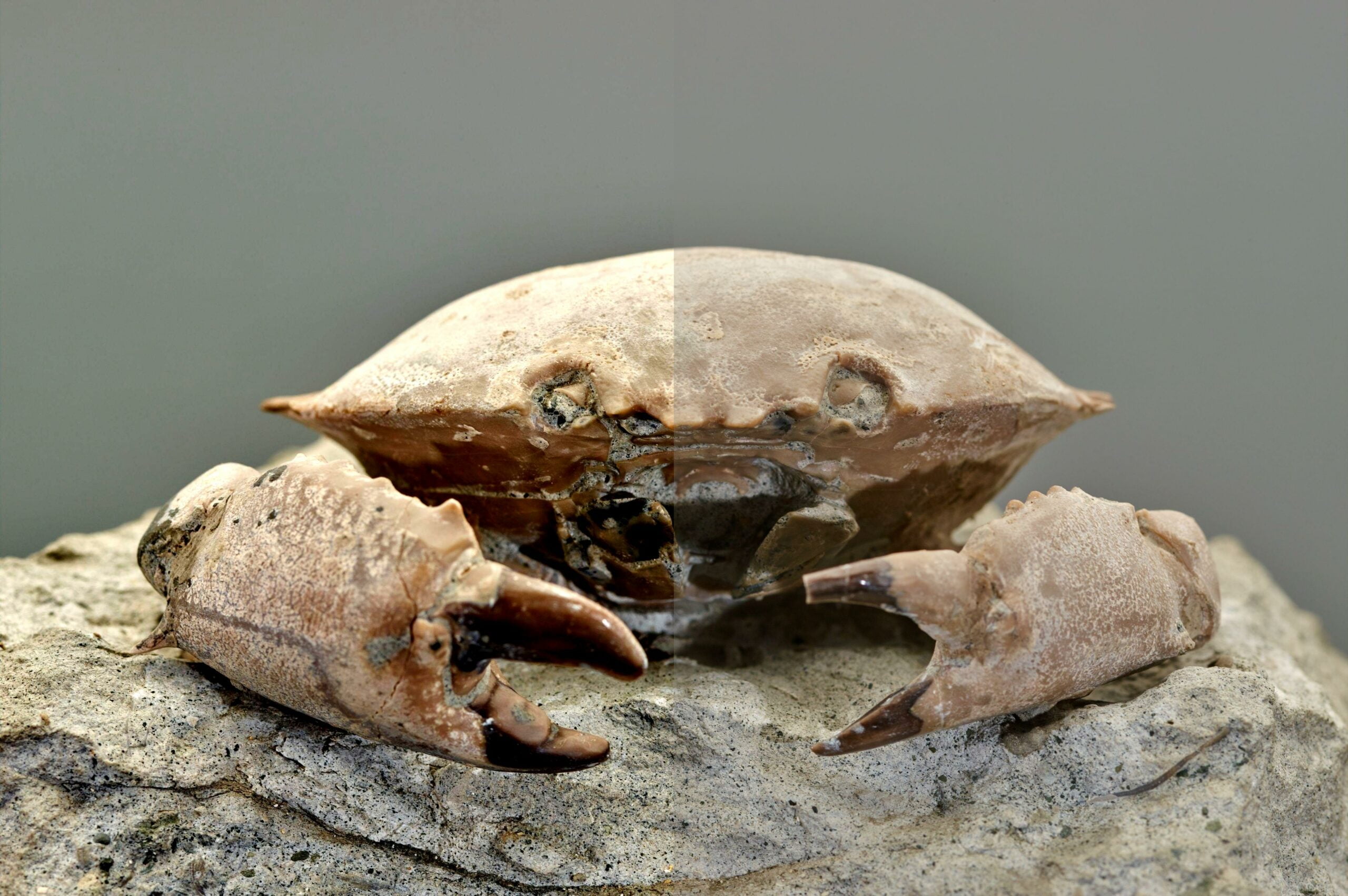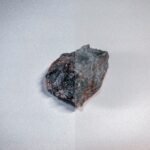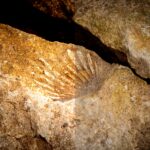In this article, we will dive into the fascinating world of fossils and uncover some truly remarkable facts that will surely intrigue and amaze KS2 students. If you’ve ever wondered about the secrets hidden within ancient rocks and the glimpse they provide into the prehistoric wonders of our world, then prepare to be captivated. Whether it’s dinosaur skeletons, ancient plants preserved in time, or the clues they hold about Earth’s history, we’ll explore the incredible stories that fossils have to tell. So, get ready to embark on a thrilling journey through time as we unveil interesting and awe-inspiring fossil facts specifically tailored for young minds in KS2.
Interesting Facts About Fossils KS2
Fossils are like clues from the past that help scientists uncover the secrets of ancient life on Earth. They offer fascinating insights into the wonders of the prehistoric world. Let’s delve into the incredible world of fossils and uncover some interesting facts!
1. Fossils are the preserved remains or traces of dead organisms.
Imagine stepping back in time and discovering the remains of a dinosaur or the imprint of a long-extinct creature. Fossils are the remains or traces of once-living organisms that have been preserved in rocks over millions of years. These incredible artifacts provide us with a glimpse into the distant past and allow us to piece together the puzzle of life on Earth.
Fossils are like time capsules, holding secrets of ancient life that have been locked away for millions of years.
2. Fossils provide evidence of how living things and the environment have changed over time.
Fossils act as snapshots of the past, giving us valuable clues about the world that once existed. By studying fossils, scientists can uncover how species have evolved, how different environments have changed, and how life has adapted to various conditions over millions of years. They help us understand the complex web of life that has shaped our planet.
Fossils are like windows into the past, allowing us to witness the incredible transformations that have taken place throughout Earth’s history.
3. Fossils have been found in rocks of all ages, dating back billions of years.
Fossils can be found in rocks of different ages, ranging from a few thousand to billions of years old. The oldest-known fossils date back over 3.5 billion years and provide insights into the early stages of life on Earth. From ancient microbes to massive dinosaurs, fossils offer a breathtaking journey through time, spanning the entire history of life on our planet.
Fossils are like breadcrumbs scattered throughout the ages, leading us on a trail of discovery through Earth’s vast timeline.
4. Many species found in the fossil record have become extinct.
The fossil record reveals that countless species have come and gone throughout Earth’s history. From the mighty Tyrannosaurus rex to the graceful plesiosaurs of the ancient seas, fossils allow us to encounter creatures that no longer walk the Earth. They remind us of our planet’s ever-changing nature and the importance of preserving biodiversity for future generations.
Fossils are a reminder of the fragility of life and the incredible diversity of species that have graced our planet.
5. Some fossils are of footprints or animal burrows, rather than the animals themselves.
Not all fossils are the remains of organisms. Some fossils capture the traces left behind by animals as they moved across ancient landscapes. Footprints, tracks, and burrows offer valuable insights into the behavior and habits of creatures that have long vanished. These unique fossils take us one step closer to understanding prehistoric ecosystems and the interactions between different species.
Fossils are like silent storytellers, revealing the ancient footsteps and organized chaos of long-lost creatures.
6. Fossilized poop is called coprolites.
Did you know that even fossilized poop can hold valuable information? Coprolites, or fossilized feces, give us a glimpse into the diets and digestive systems of ancient animals. By analyzing these remnants, scientists can determine what prehistoric animals ate, how they digested their food, and even identify the presence of parasites or diseases.
Coprolites are like ancient time capsules, preserving snapshots of ancient diets and revealing the hidden secrets of prehistoric digestion.
7. It is rare to find a whole fossilized animal.
Finding a complete fossilized animal is like discovering a hidden treasure. The conditions required for a whole organism to fossilize are incredibly rare, which is why most fossils represent only a small fraction of the original animal. However, even partial fossils can provide valuable information about the anatomy, behavior, and evolutionary history of ancient creatures.
Fossils are like puzzle pieces that give us glimpses of the whole picture, helping us reconstruct the fascinating story of prehistoric life.
8. Scientists have found fossils of feathered dinosaurs.
Fossils have completely transformed our understanding of dinosaurs. In recent years, scientists have discovered fossils of dinosaurs with feathers. These incredible findings suggest that many dinosaurs had feathers, similar to modern-day birds. They challenge our perceptions of these ancient creatures, adding even more intrigue to their already captivating story.
Feathered dinosaurs are like a bridge between the fearsome reptiles of the past and the graceful avian creatures that roam our skies today.
9. Sometimes animal and plant remains are preserved without being turned to stone.
While petrified fossils are the most common, some fossils preserve the original organic material of living things. In rare cases, the remains of animals and plants can be preserved without undergoing the process of turning into stone. These fossilized remains offer scientists a unique opportunity to study ancient tissues, genetic material, and even the potential for extracting DNA.
Fossils that preserve the original organic material are like glimpses into the past, allowing us to explore the ancient biological world in unprecedented detail.
Fossils are truly amazing windows into the past, enabling us to unravel the mysteries of prehistoric life. By studying these ancient artifacts, scientists continue to unlock the secrets of evolution, adaptation, and the ever-changing face of our planet. So, next time you come across a fossil, take a moment to marvel at the wonders it holds within.
“Through fossils, we can touch the ancient and walk beside the extinct, bridging the gap between the past and the present.”
Fossils are a fascinating window into the ancient world, and there’s no better way to learn about them than by exploring some mind-blowing facts about fossils. Whether you’re a curious student or simply have a love for natural history, these facts will leave you in awe. Discover the secrets of the prehistoric world and uncover the mysteries of our planet’s past with these captivating tidbits. If you’re ready to embark on an exciting journey of discovery, click here to explore some astonishing facts about fossils: facts about fossils ks2. Don’t miss out on the chance to expand your knowledge and ignite your curiosity about the wonders of our planet’s history!
FAQ
Question 1: What are fossils?
Answer 1: Fossils are the preserved remains or traces of dead organisms. They provide evidence of how living things and the environment have changed over time.
Question 2: How old are fossils?
Answer 2: Fossils have been found in rocks of all ages, dating back billions of years.
Question 3: What happens to extinct species?
Answer 3: Many species found in the fossil record have become extinct.
Question 4: Are all fossils of complete animals?
Answer 4: No, some fossils are of footprints or animal burrows, rather than the animals themselves. There are also fossilized poop called coprolites.
Question 5: What have scientists discovered about dinosaurs?
Answer 5: Scientists have found fossils of feathered dinosaurs, providing exciting insights into the appearance and evolution of these ancient creatures.
“`json
“`
- Unlocking 2-Letter Words with U: The Definitive Guide - April 4, 2025
- Unlock Words with the Letters THREE: Top Unscramble Tools 2025 - April 4, 2025
- Master Scrabble: X & Z Words for High Scores - April 4, 2025
















